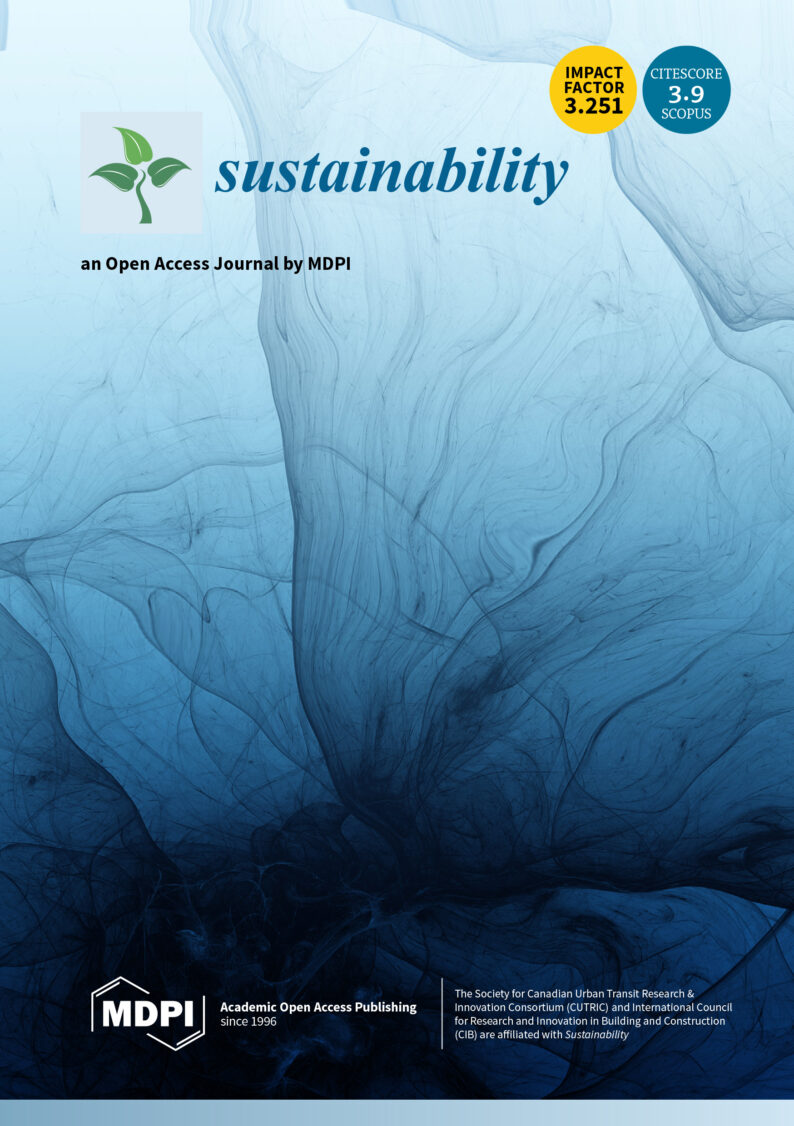A new article by Franziska Schreiber, Johannes Nöldeke, Špela Setzen, Cordula Kropp and Astrid Ley has been published by renowned open access MDPI Journal Sustainability:
Schreiber, F.; Nöldeke, J.; Setzen, Š.; Kropp, C.; Ley, A. The Social Quality of Design-Build: Lessons Learnt from Higher Education. In: Sustainability 2022, 14, 10816.
https://doi.org/10.3390/su141710816
Abstract
The need for a systemic transformation of the building sector is increasingly recognized, but much of the current discussion and actions focus on the creation of technical innovation, while the question of how to improve the social quality of buildings and building processes is largely ignored. Socially engaged architecture more broadly and design-build projects in particular represent an exception in this regard. Design-build studios have emerged as a new teaching method at numerous universities in North America, Europe and elsewhere to equip students with the skills needed to address pressing sustainability issues. Most design-build projects include an explicit claim to social relevance and change and opt for a co-productive process. However, the extent to which such practices have the potential to enhance the social (and, ultimately, the ecological) sustainability of buildings and construction processes has been insufficiently assessed. Based on a comparative analysis of five design-build projects carried out at the University of Stuttgart, this paper discusses critical factors that influence both the (social) quality of the design-build process as well as its (built) outcome and impact. The findings offer important insights for future design-build projects and their underlying need for revised training and teaching curricula to equip future architects and planners with the necessary knowledge and skills to act as process designers and facilitators and to shape a more people-centered built environment.
220830 ley et al_sustainability-14-10816
Academic Editor
Boris A. Portnov



